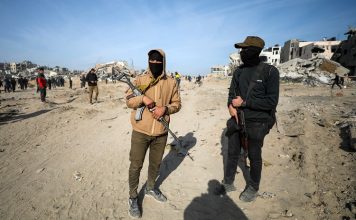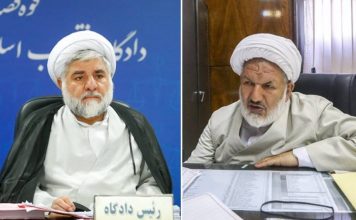By Daphne Psaledakis and Moira Warburton
WASHINGTON, Aug 19 (Reuters) – The United States on Wednesday imposed sanctions on two United Arab Emirates-based companies, the U.S. Treasury Department said, accusing them of providing material support to Iranian airline Mahan Air.
The Treasury in a statement said that Parthia Cargo and Delta Parts Supply FZC provided key parts and logistics services for Mahan Air, which is blacklisted by the United States under measures to fight terrorism and the proliferation of weapons of mass destruction.
The Treasury also slapped sanctions on Amin Mahdavi, an Iranian national based in the United Arab Emirates, for owning or controlling Parthia Cargo.
The move comes as U.S. President Donald Trump’s administration plans to try this week to trigger a return of all U.N. sanctions on Iran after the U.N. Security Council rejected Washington’s bid to extend an arms embargo on the country.
“The Iranian regime uses Mahan Air as a tool to spread its destabilizing agenda around the world, including to the corrupt regimes in Syria and Venezuela,” Treasury Secretary Steven Mnuchin said.
“The United States will continue to take action against those supporting this airline,” he added.
Kayhan London’s Exclusive on Mahan Air’s Continued Flights to China
Wednesday’s action freezes any U.S. assets of those blacklisted and generally bars Americans from dealing with them.
The Treasury said the services provided by the two companies blacklisted help Mahan Air to sustain its fleet and allow it to carry out activities in support of Tehran’s agenda, including through transporting “terrorists and lethal cargo to Syria” in support of President Bashar al-Assad and recently transporting Iranian technicians and technical equipment to Venezuela.
Criminal charges were also filed against Parthia Cargo and Mahdavi on Monday by the U.S. Attorney’s Office for the District of Columbia related to the alleged unlicensed re-export of U.S.-export controlled aircraft parts to Iran, the Treasury said.
Tensions between Washington and Tehran have spiked since Trump unilaterally withdrew in 2018 from the Iran nuclear deal struck by his predecessor, Barack Obama, and began reimposing sanctions that had been eased under the accord.
(Reporting by Daphne Psaledakis and Moira Warburton; Editing by Tim Ahmann and Alistair Bell)







